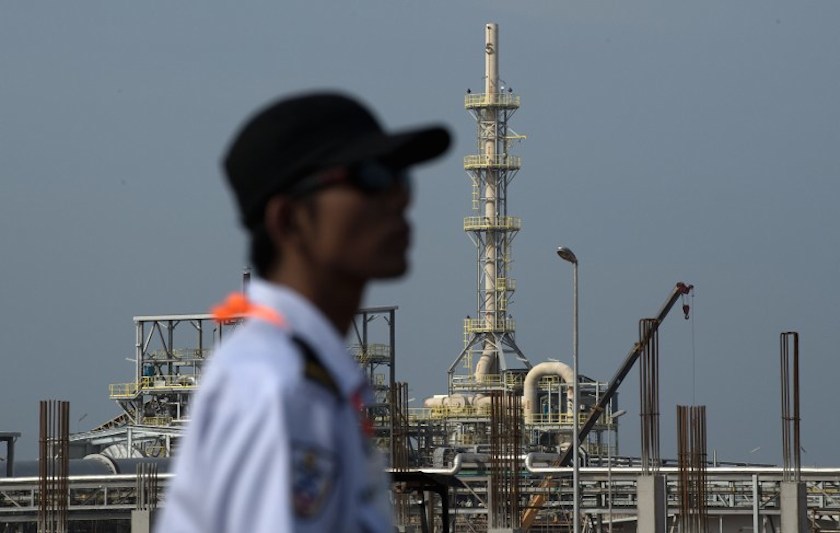KUALA LUMPUR, Oct 18 — Fuziah Salleh is calling the Lynas rare-earths refiner’s bluff about considering repatriating operations to Australia, saying it would not have built its plant in Malaysia if it were so easy to obtain regulatory approval in its home country.
The Kuantan MP was responding to reported remarks by Amanda Lacaze, Lynas chief executive, purporting that the company is looking for alternative locations for its processing plant in Gebeng, Pahang ahead of the government’s review of its 10-year operations here.
Lacaze claimed Lynas was considering shifting its operations back home in the event the Malaysian government shuttered its refinery operations here.
"The question is, why didn't they build the plant in Australia in the first place? In Australia, they would have had to follow stringent procedures for radioactive-based management.
“Lynas could easily have built their plant in Australia, but they chose a country with lax environmental laws," Fuziah told Malay Mail when contacted.
Fuziah, who is a deputy minister in the Prime Minister’s Department, argued that when Lynas started up its operations in Gebeng, Pahang, back in 2008, it was not made to undergo a detailed environmental impact assessment (EIA).
Instead, Lynas was only subjected to a preliminary assessment as the country did not have at the time detailed regulations concerning the management of radioactive waste.
“It was only gazetted in 2011," she explained.
Critics such as Fuziah insist that byproducts from Lynas’s operations here pose a health risk and must be disposed of instead of stored locally, while the rare-earths refiner claims that the waste is not harmful.
In an interview with the Financial Times (FT), Lacaze pointed out that her firm’s processing operations already underwent two reviews by the International Energy Agency and four tests in Malaysia’s courts and parliamentary select committee.
Fuziah disputed this, however, saying the select committee did not grant the Lynas facility unconditional approval.
"They made recommendations, such as for a permanent disposal facility to be identified, something which has not been done until now," she explained.
Fuziah also reiterated her decision to step down as chairman of the executive committee tasked with reviewing Lynas’ operations in Pahang.
Lynas previously alleged possible bias and conflict of interest in Fuziah’s appointment, citing past remarks such as her pledge in March to shut down the plant if Pakatan Harapan wins the federal election, which it did in May.
“Because they will use that against me, and that this will deflect from the real issue at hand. Now I can continue to speak from outside as MP, I have locus standi as the Kuantan MP,” she said.
The six members of the committee include Institute for Environment and Development (LESTARI) research fellow Prof Datuk Mazlin Mokhtar; United Nations University — International Institute for Global Health visiting lecturer Prof Jamal Hisham Hashim; and Universiti Teknologi Malaysia’s Occupational Safety, Health and Environment Unit director Prof Maketab Mohamed.
The other members are Assoc Prof Anita Abdul Rahman from the Department of Community Health, Faculty of Medicine and Medical Sciences, Universiti Putra Malaysia; Universiti Malaysia Pahang’s Earth Resources and Sustainability Centre director Assoc Prof Muzamir Hasan; and former director of the Hazardous Substances Division in the Department of Environment Malaysia, Datin Paduka Che Asmah Ibrahim.
Prior to its construction, activists and environmentalists fought to prevent Lynas from building its Advanced Material Plant (LAMP) rare-earth processing facility over fears of a possible repeat of the Asian Rare Earths disaster in Bukit Merah, Perak from the 80s.
Rare earths is a term used to describe 18 metals that are vital for many industrial and hi-tech applications such as the production of smartphones, hybrid car batteries, wind turbines, steel and low-energy light bulbs.



















